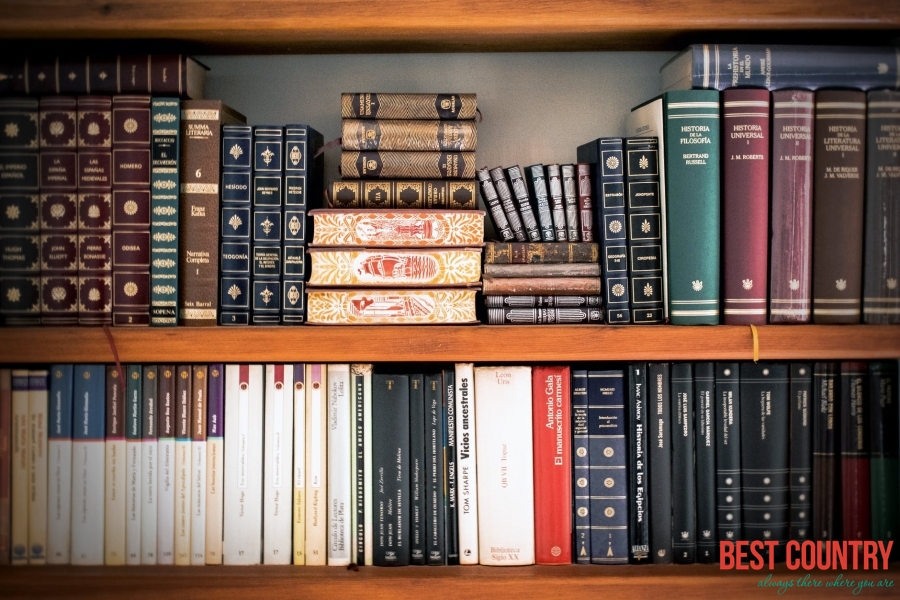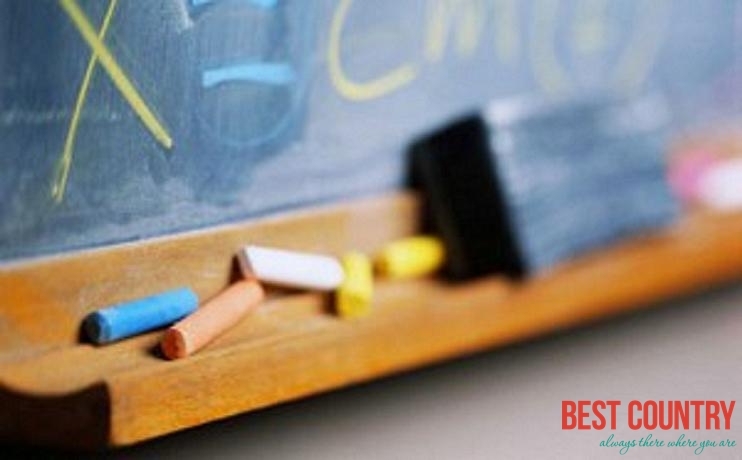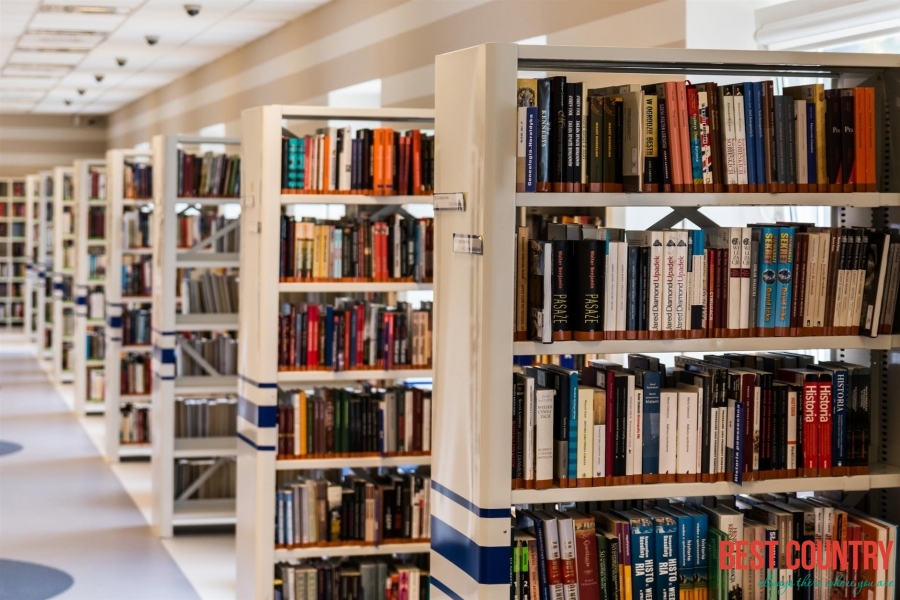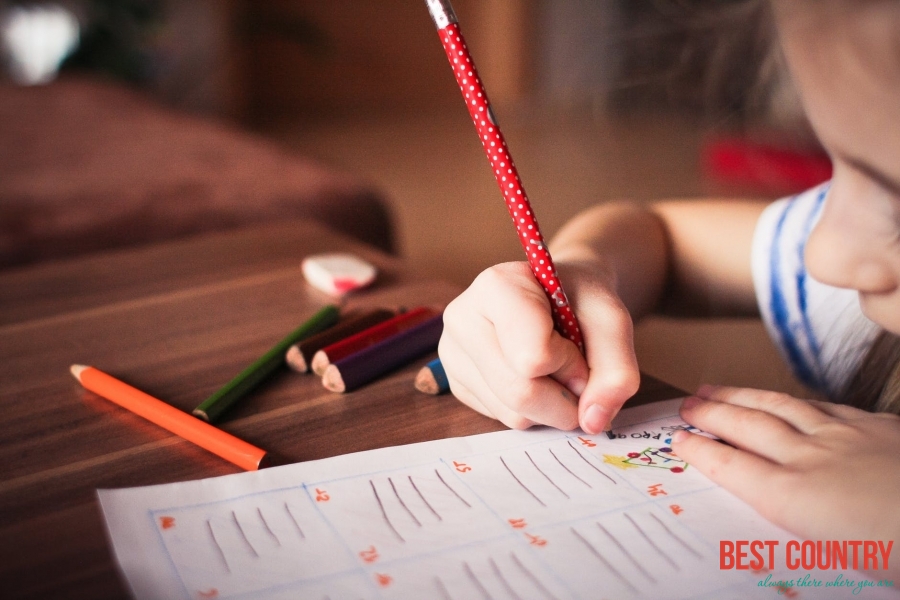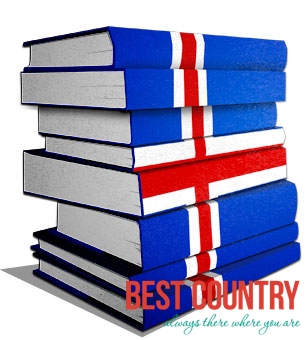Education in the different countries
Education System in French Guiana
Education in French Guiana is compulsory for all children between ages 6 and 16, and the medium of tuition is French because the country is an overseas department of France. Enrollment at primary school which lasts for 5 years is almost 100%, except for in remoter rural areas where facilities are sometimes sparse.
Education and Study in Holy See (Vatican City State)
If you are someone who is searching for knowledge about Catholicism, then the best place for you to learn is at the Vatican. The Vatican is the center of the Catholic faith, and of course higher learning of the Roman Catholic ways.
Hungary - Educational System—overview
Education in Hungary is compulsory between the ages of 6 and 16. The child may have had the benefit of a kindergarten (óvoda) experience prior to school entry but formally begins school (általános iskola) at 6 and remains in that school until 14. At 14 the child will attend a secondary school, either a grammar school devoted primarily to academic studies (gimnázium) or a vocational school (szakközépiskola). While the pupil is permitted to leave school at 16, most continue to 18 years of age. Further study in institutes of higher education is by competitive entry and less than one fifth of all students go on to colleges and universities.
Education in the Falkland Islands
Education in the Falkland Islands is free and compulsory up to the end of the academic year when a child reaches 16 years of age. The Falklands follows the English education system.
Education In Peru
The education system in Peru provides three levels of instruction: Education in Peru Initial (ages 3-5) Primary (ages 6-11) Secondary (ages 12-16)
Education System in Paraguay
Education has not always received the recognition it deserves in Paraguay. These days this is changing as political stability returns, although the poorer children in more rural areas still are not reached by the same opportunities, especially in terms of hours per day at school. As a result 10% to 15% of them are still illiterate. The 6 years of primary school start nominally at age 7, and education is mandatory through to age 14.
Colombia - Education
Education is free and compulsory for five years in Colombia. Illiteracy is declining, having dropped from an estimated 90% at the end of the 19th century to an estimated 8.2% in 2000 (males, 8.2%; females, 8.2%).
Education in Guyana
Education in Guyana is provided largely by the government of Guyana, through the Ministry of Education and its arms in the ten different regions of the country.
Education of Venezuela
Education Venezuela is very organized and systematic and is provided to all. The basic education is imparted by the primary and secondary schools of Venezuela, the universities allow the students to pursue higher studies.
The Education System in Georgia
Education in Georgia is free and compulsory from 6 to 16 years of age. Although they call it free education, some institutions still have their students pay for extra expenses like books, etc. This is one reason why some families still do not enrol their children to school since they lack money for funding their kids’ schooling.
Vietnam Education
Education in Vietnam comprises pre-primary, primary, intermediate, secondary and higher education. The educational system of Vietnam plays an important role in shaping the career of Vietnam students.
Spain Education System
The educational law of 1990, the Ley Organica de Ordenacion General del Sistema Educativo (LOGSE) (Law on the General Organization of the Educational System), established a new system which started in 1991-92 school-year.
Irish Education System
Ireland has a long and honourable tradition in education. As a result of a sustained investment in this area Ireland now has one of the highest educational participation rates in the world - 81% of Irish students complete second-level and approx 60% go on to higher education. This dynamic, educated population has made its mark at home and abroad with international companies looking to Ireland again and again when hiring graduates for top class positions.
Educational System in Iceland
Educational system in Iceland is one of the best in the world. The fundamental principle of the Icelandic educational system is that everyone should have equal opportunities to acquire an education, irrespective of sex, economic status, residential location, religion, possible handicap, and cultural or social background. Education in Iceland has traditionally been organized within the public sector, and there are very few private institutions in the school system. Almost all private schools receive public funding.

